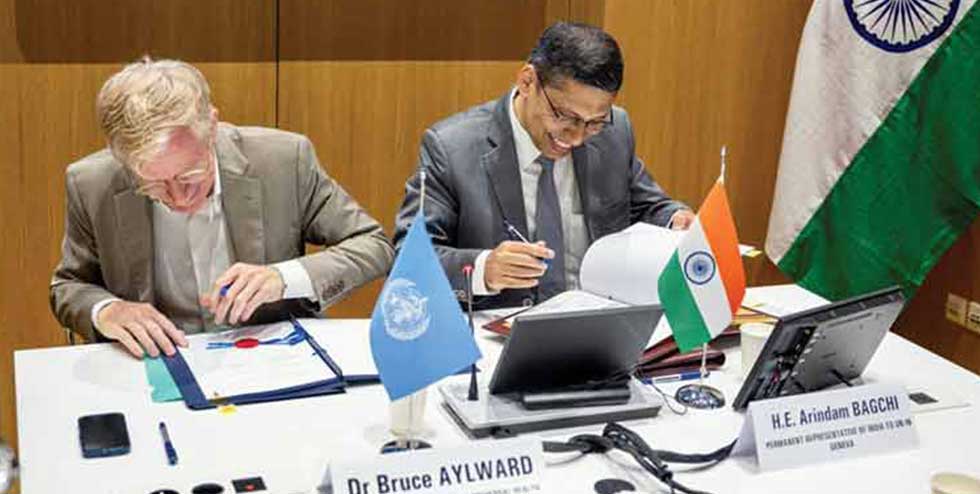MUMBAI: After cardiac stents, around 14 more medical devices that are rampantly sold at inflated rates in hospitals, could see a price regulation in the coming months. The list includes orthopedic implants, intraocular lenses and artificial heart valves to consumables such as syringes, needles and catheters.
The National Pharmaceutical Pricing Authority (NPPA) has begun scrutiny of such devices, even asking makers to log in every detail about their manufacture and cost. NPPA chairman Bhupendra Singh told TOI,
"We are collecting data on these devices on a war-footing. It will give us a fair idea about the volume of consumption, cost of manufacturing and price at which they are supplied to a patient. Exorbitant pricing in the health system will be dealt with strongly."
In terms of steep retail markups, orthopedic implants probably come closest to cardiac stents. The imported hip and knee implants easily see profit margins in the range of 500-1,000%, industry insiders said.
Indian implants too are sold at margins of 200-500%, though surgeons often prefer imported types. The cost of intraocular lenses also varies widely depending on the hospital and the operating surgeon.
Consumables, on the other hand, are not just sold at arbitrary MRPs, but also billed in bulk to make money.
Currently, 14 devices are classified as 'drugs' under Section 3 of the Drugs and Cosmetics Act, but none feature in the list of essential medicines. Cardiac stents+ therefore had to be included in the National List of Essential Medicines (NELM) before their prices could be capped. If a drug is not in the NELM, the NPPA can merely ensure that their MRP is not increased by more than 10% annually."It is therefore important for us to see the extent of profiteering in other devices and seek the union health ministry's help to add them to the list of essential medicines before their prices can be capped. In our online platform IPDMS (Integrated Pharmaceutical Database Management System), a tab has been created for information on medical devices and not just stents," said Singh.
Singh said the NPPA is undeterred by the medical industry's hue and cry that innovation and research will be throttled by price regulation. "We did an elaborate study before cracking the whip on stents. When an original manufacturer sells a product, the cost of innovation, packaging and everything else is built into it. The importer spends nothing on R&D or packaging. Their money is only spent on marketing, paying commissions and distorting the system. With price-capping, affordability will increase," Singh said.
A senior cardiologist recently alleged that the NPPA's move was meant to facilitate two Indian stent-makers. Singh said, "Indian stent players were making equal profits as their counterparts who were importing them. Our price calculation was objective and based on research."








Add Comment